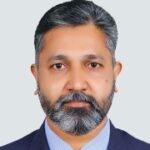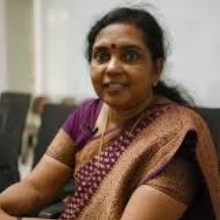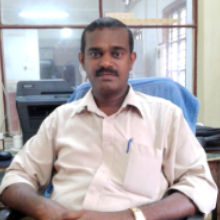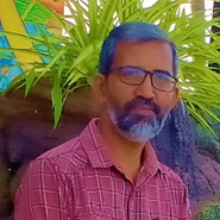Dr. John C. Mathew
Dr. John C. Mathew is an environmental manager specializing in wetland and aquatic ecology, ecosystem monitoring and modelling, and remote sensing & GIS applications. He holds a B.Sc. in Zoology, a Master’s in Environment Management, and a Ph.D. in Environment Science and Management (Aquatic Ecology and Remote Sensing & GIS applications) from Mahatma Gandhi University, Kottayam. With over 25 years of experience, he has worked as a Scientist, Project Officer, Senior Research Fellow, Guest Faculty, and currently serves as Environment Program Manager at the Directorate of Environment & Climate Change, Environment Department, Government of Kerala, where he has additional charge as Ramsar Site Manager of Vembanad-Kol Wetland Complex. His contributions include leading 10 major projects funded by MoEFCC, DST, UGC, WWF, World Bank, ISRO, and others, supervised over 70 students, and served as coordinator for initiatives like Rainwater for Humanity with Brown University, USA. He has authored 33 publications, delivered 18 invited talks, and written a WWF-funded documentary on mangroves. Recognized as a Wetland Manager and Direct Trainer by the Government of India, he is an active member of professional bodies, including the Indian Society of Remote Sensing and the Indian Society of Geomatics, and has co-founded environmental organizations such as Environment Science Postgraduates Association (ESPA) and the Kumarakom Nature Club. Passionate about research, education, and conservation, his work continues to focus on wetland management, ecosystem sustainability, and community-based wise-use initiatives.












